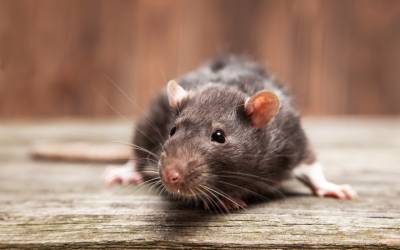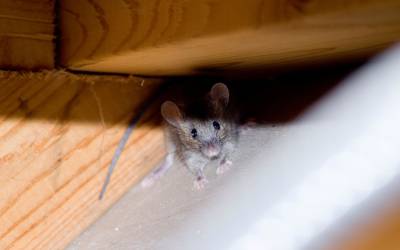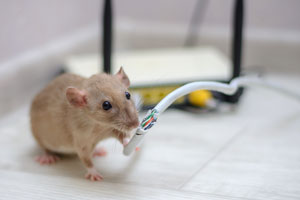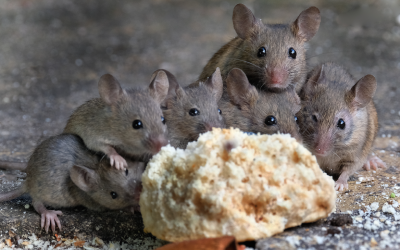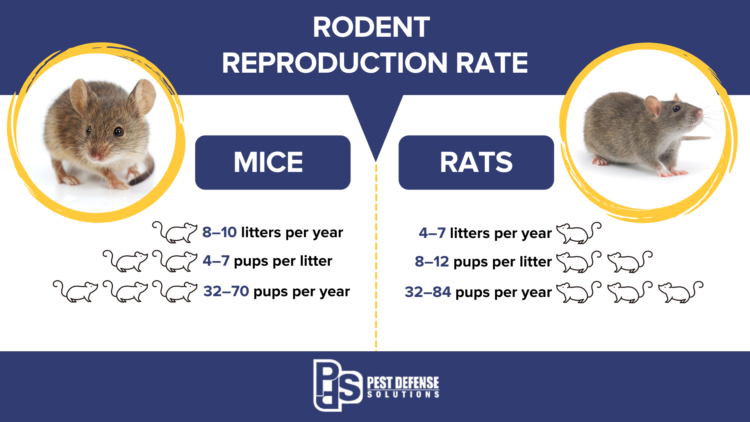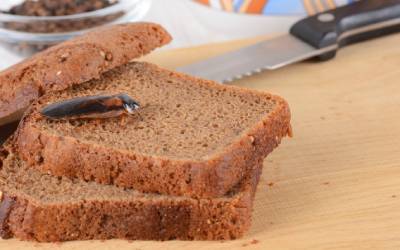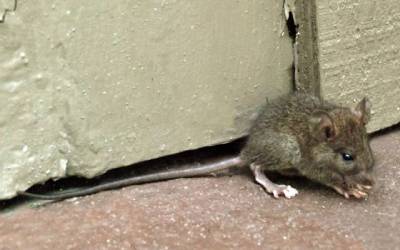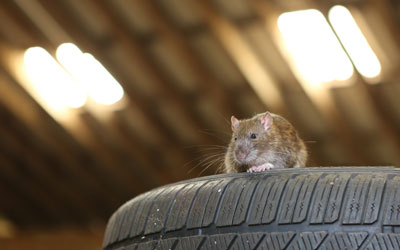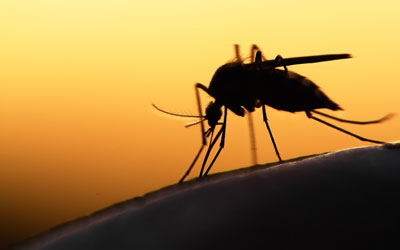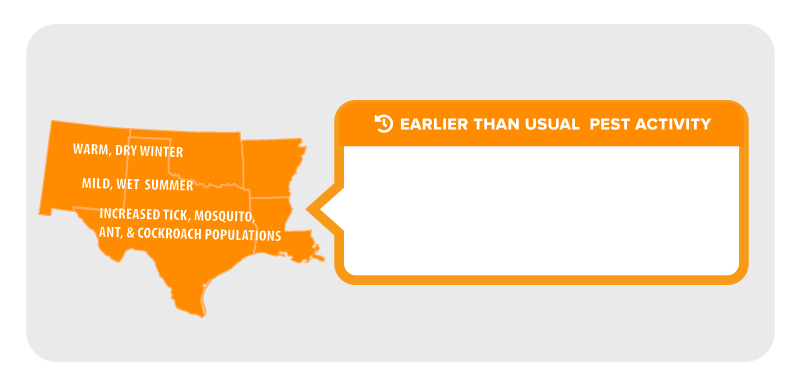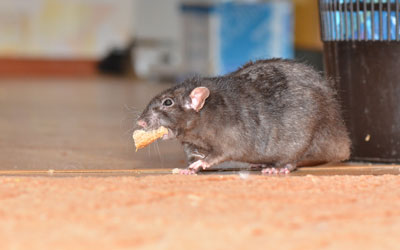When it comes to unwanted guests in our homes, rats are at the top of the list. Finding a rat inside their home is most homeowners’ worst nightmare. Rats will often nest in the attic of homes due to the warmth and safety it provides. From the attic they are able to easily access other areas of your home in search of food or other resources. These little invaders are not only filthy and bring unwanted diseases into your home, they can also cause extensive damage to the wooden structure or wiring.
Common Rats in El Paso
In El Paso, the three common types of rats that you may encounter are the Roof Rat, Norway Rat, and Woodrat.
If you have rats in your attic, the culprit is often roof rats. Roof rats are aptly named due to their preference to live high off the ground, making your attic the perfect place for them to call home. They are excellent climbers and will often access your home through your roof by walking across power lines, tree limbs and fences.
Another rat you may find in your attic is the wood rat. Wood rats are also referred to as packrats due to their love of finding and carrying around shiny objects they find interesting. They are solitary and look for quiet places to nest like attics, wall voids and sheds.
Are Rats Dangerous?
Just looking at a rat, many people would not think of a rat as a dangerous animal but having rats in your home poses numerous dangers that should not be taken lightly. Rats can carry and transmit various diseases including; leptospirosis, hantavirus, rat bite fever and salmonellosis.
Rats are notorious chewers due to their ever-growing teeth and can cause significant structural damage to your home by chewing on wires, insulation, and wooden structures. Chewed wires are the cause of an estimated 20-25% of house fires each year in the United States.
How Prevent Rats From Entering Your Attic
As with any pest, it is best to prevent rats before they invade your home. Thankfully, it doesn’t have to be difficult or time-consuming to deter rodents from your property. To stop rats from entering your attic, try following these tips:
- Trim Trees: Rats are excellent climbers and will traverse tree limbs that may be hanging over your home to access your roof. Trimming tree limbs around your home will not only prevent rats but also reduce the risk of limbs from falling on and damaging your roof.
- Secure Vents and Chimneys: Rats and other unwelcome pests can enter your home through open vents and chimneys. Place screens over any openings around your roof.
- Keep Your Attic Tidy: If your attic is full of easily chewed cardboard boxes you may be providing the perfect living space for rats. Switch out your cardboard boxes for secure plastic totes and keep everything organized to minimize rat nesting places.
How to Get Rid of Rats in Your Attic
Rats are extremely smart and adaptable. Sometimes despite your best efforts these pests will still enter your home and set up residence in your home or attic. That is where the professionals at Pest Defense Solutions come in!
At Pest Defense Solutions we will treat your home like our own. We know any pest infestation can be greatly disruptive to your everyday life; our skilled technicians will work tirelessly to ensure your home is pest free and stays that way! We strive to provide the highest level of service and provide our clients with safe and effective treatments.
If you are concerned about rats in your attic or any other pests around your home, contact the pest experts at Pest Defense Solutions for a free quote and the best pest extermination services in the El Paso area!

